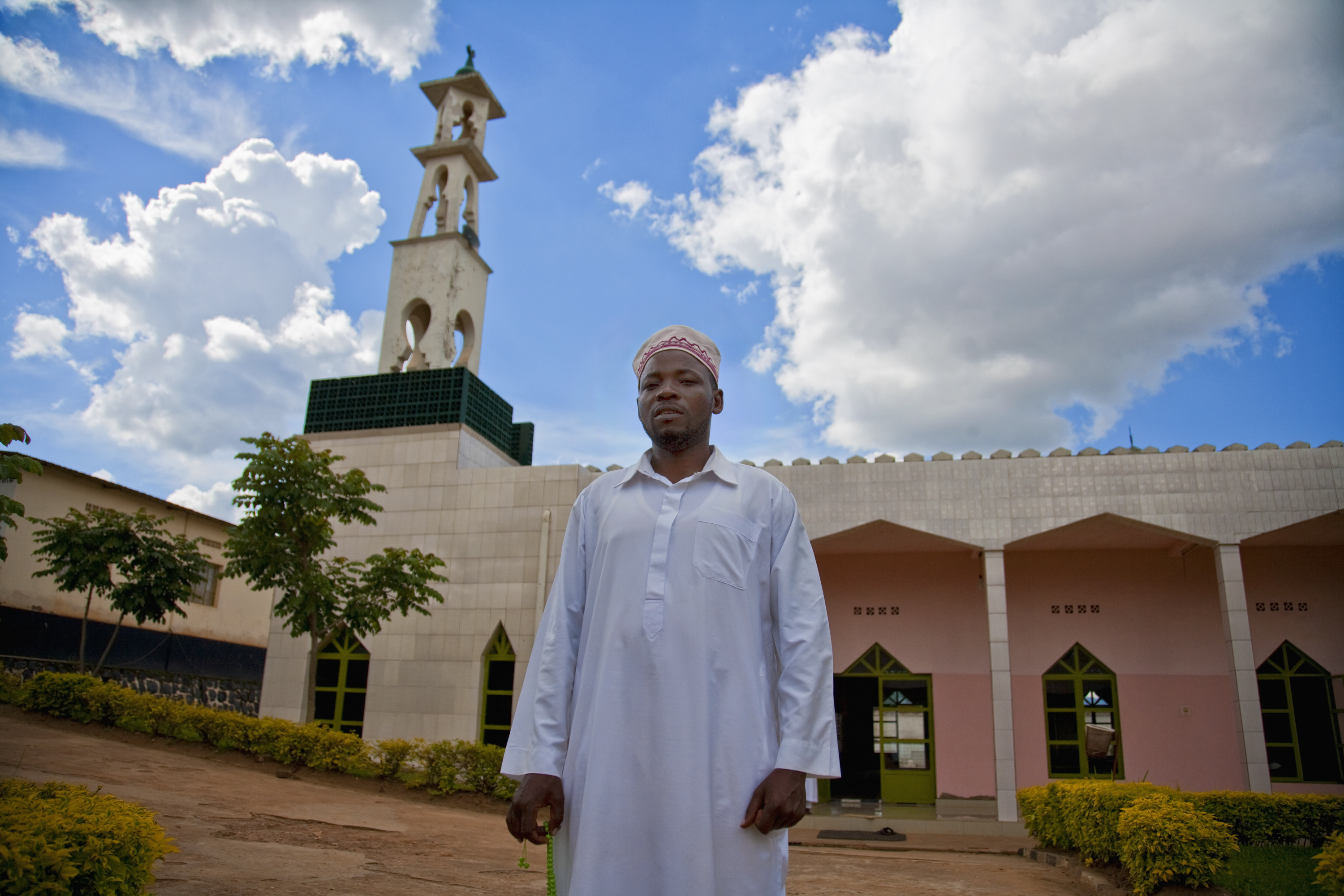The Book of Proverbs is replete with warnings about the dangerous power of speech: “Death and life are in the power of the tongue, and those who love it will eat its fruits” (18:21 NRSV)
While a quick glance at the president’s twitter account shows that such warnings don’t sway him, I would hope they would shape the words of pastors in his orbit. Sadly, such is not always the case.
 Speaking on FOX News last weekend, Rev. Robert Jeffress recklessly and hyperbolically predicted “a Civil War-like fracture in this nation from which this country will never heal” if President Trump were removed from office via impeachment. The president swiftly tweeted this claim to his 65 million followers. Trump didn’t have to threaten violence in his own voice — the pastor did it for him. Franklin Graham, a staunch support of the president, responded more subtly, tweeting “Dr. @RobertJeffress warned on @FoxNews that impeachment could ‘cause a civil war-like fracture in this nation from which this country will never heal.’ I don’t know about that, but I can tell you this could lead to conflict that nobody wants if they continue down this road.”
Speaking on FOX News last weekend, Rev. Robert Jeffress recklessly and hyperbolically predicted “a Civil War-like fracture in this nation from which this country will never heal” if President Trump were removed from office via impeachment. The president swiftly tweeted this claim to his 65 million followers. Trump didn’t have to threaten violence in his own voice — the pastor did it for him. Franklin Graham, a staunch support of the president, responded more subtly, tweeting “Dr. @RobertJeffress warned on @FoxNews that impeachment could ‘cause a civil war-like fracture in this nation from which this country will never heal.’ I don’t know about that, but I can tell you this could lead to conflict that nobody wants if they continue down this road.”
This rhetoric isn’t just divisive, it’s dangerous in a world where social media spreads our messages further and faster than ever before.
In partnership with Over Zero, Faith in Public Life has trained clergy from all over the country in recognizing and countering speech that increases the risk of violence. Working with interfaith groups on the local level, we explore how the road from stability to ethnically and religiously targeted violence is paved an inch at a time with language, and examine what faith communities can do about it.
When looking at the rhetoric that has preceded large-scale violence committed on the basis of identity — from Nazi Germany to Rwanda to white supremacist violence in the U.S. — clear patterns emerge that divide an “us” from a “them” and pit the groups in a zero-sum conflict for survival. According to Oxford University political scientist Jonathan Leader Maynard, the targeted “them” group is portrayed as subhuman, collectively guilty of crimes against “us,” and a threat to “our” survival. And in subtler ways, cultural narratives portray violence by the “us” group as virtuous, necessary for survival, and a step toward a brighter future.
 But faith leaders can be guardians of peace. For instance, Rwandan Muslims resisted the genocide. In the months before the atrocities, imams recognized the increasingly dangerous language in their communities, and spent Ramadan of 1994 telling their congregations that part of being a good Muslim was resisting the temptation to take part in violence. Mosques then concealed Tutsis from militias, and Muslim leaders helped Tutsis flee the country under cover of night at the peak of the slaughter.
But faith leaders can be guardians of peace. For instance, Rwandan Muslims resisted the genocide. In the months before the atrocities, imams recognized the increasingly dangerous language in their communities, and spent Ramadan of 1994 telling their congregations that part of being a good Muslim was resisting the temptation to take part in violence. Mosques then concealed Tutsis from militias, and Muslim leaders helped Tutsis flee the country under cover of night at the peak of the slaughter.
While President Trump’s white evangelical support has decreased significantly since he took office, he still had 73% approval rating among them in a July NPR/PBS/Marist poll thanks in part to stalwart support from the likes of Jeffress and Graham. The president is desperate to hold onto evangelical support, and is using apocalyptic rhetoric to do so. In addition to echoing Jeffress’s claim about civil war, he is already falsely calling impeachment a coup. And his extensive history of dangerous language against Latinos, Muslims, immigrants and refugees helped inspire massacres at a Walmart in El Paso and the Tree of Life synagogue in Pittsburgh.
As dangerous rhetoric escalates, we need religious leaders — in particular white evangelical pastors — to defend the humanity of those whom Trump attacks. Some members of the Evangelical Immigration Table have done this admirably. Conservative evangelicals must also set a norm that being a patriotic member of their community means respecting constitutionally mandated political processes and resisting the temptation to resort to violence when we disagree with the outcome of those processes.
Jeffress and Graham are threatening democracy and insulting Christianity by not being clear that members of their communities should remain peaceful. Instead, they have helped weaken the social norm against political violence by portraying it as within the realm of possibility while not condemning it.
My prayer is that all who bear the awesome responsibility that rests in the pulpit remember not only Proverbs’ warnings about reckless speech, but also its words about the benefits of virtuous language: “Rash words are like sword thrusts, but the tongue of the wise brings healing” (12:18 NRSV).
[To learn more about what faith communities can do to counteract the language that increases the risk of violence, check out Over Zero’s web site and the Holocaust Memorial Museum’s resources on the topic.]












